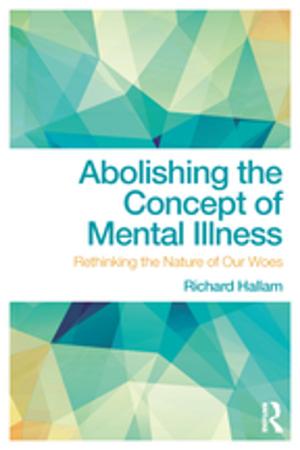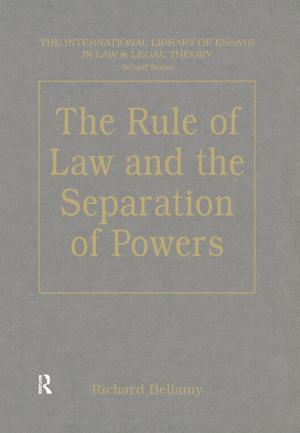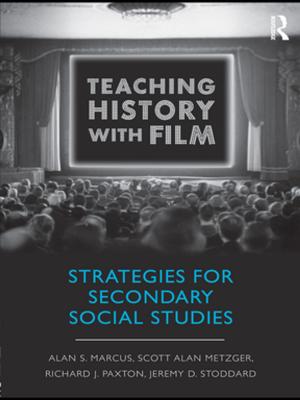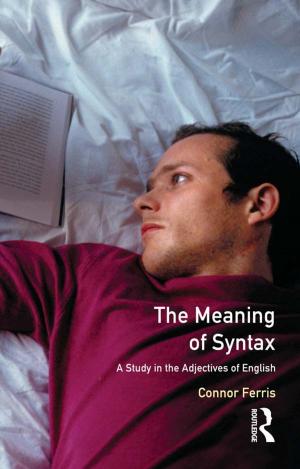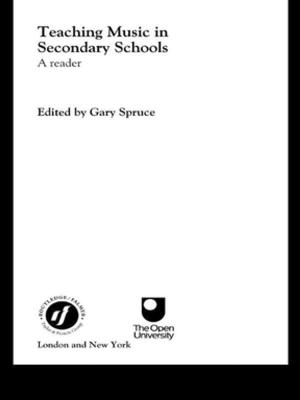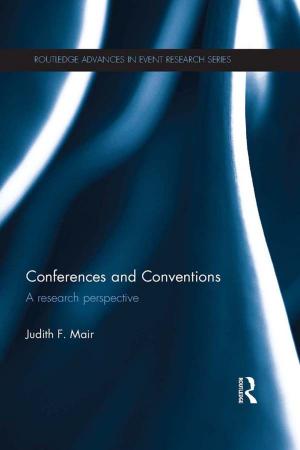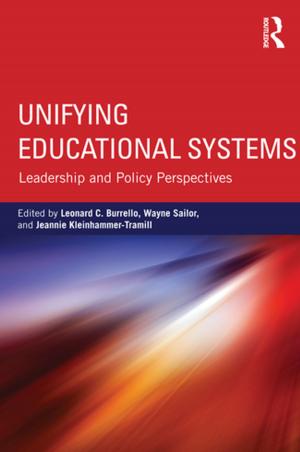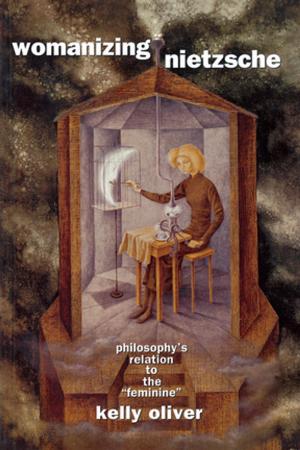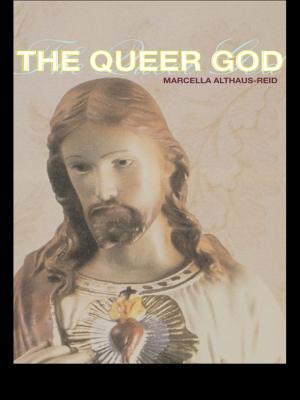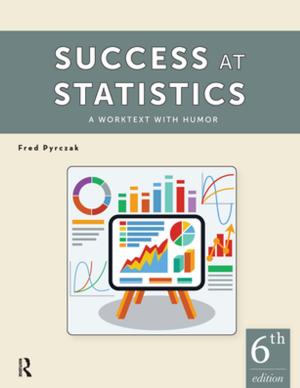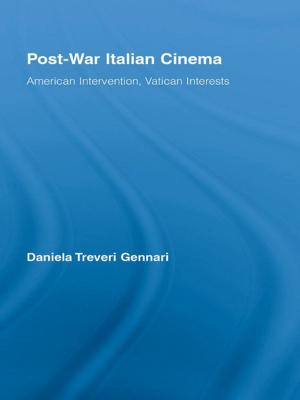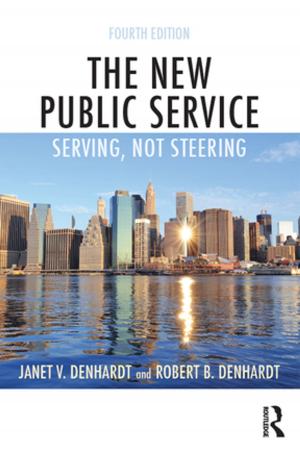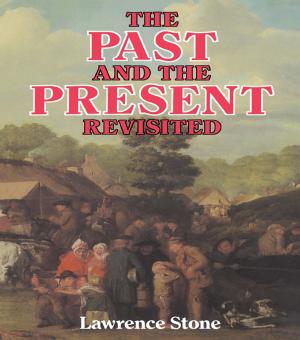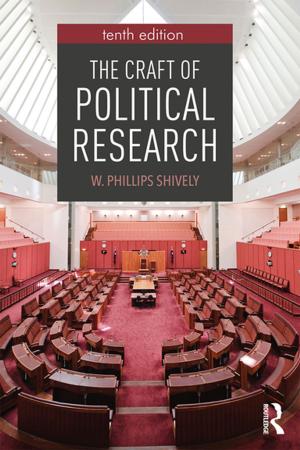Shakespeare, Authority, Sexuality
Unfinished Business in Cultural Materialism
Fiction & Literature, Literary Theory & Criticism, British, Theory| Author: | Alan Sinfield | ISBN: | 9781134143252 |
| Publisher: | Taylor and Francis | Publication: | September 27, 2006 |
| Imprint: | Routledge | Language: | English |
| Author: | Alan Sinfield |
| ISBN: | 9781134143252 |
| Publisher: | Taylor and Francis |
| Publication: | September 27, 2006 |
| Imprint: | Routledge |
| Language: | English |
Shakespeare, Authority, Sexuality is a powerful reassessment of cultural materialism as a way of understanding textuality, history and culture, by one of the founding figures of this critical movement. Alan Sinfield examines cultural materialism both as a body of ongoing argument and as it informs particular works by Shakespeare and his contemporaries, especially in relation to sexuality in early-modern England and queer theory.
The book has several interlocking preoccupations:
- theories of textuality and reading
- the political location of Shakespearean plays and the organisation of literary culture today
- the operation of state power in the early-modern period and the scope for dissidence
- the sex/gender system in that period and the application of queer theory in history.
These preoccupations are explored in and around a range of works by Shakespeare and his contemporaries. Throughout the book Sinfield re-presents cultural materialism, framing it not as a set of propositions, as has often been done, but as a cluster of unresolved problems. His brilliant, lucid and committed readings demonstrate that the ‘unfinished business’ of cultural materialism - and Sinfield’s work in particular - will long continue to produce new questions and challenges for the fields of Shakespeare and Renaissance Studies.
Shakespeare, Authority, Sexuality is a powerful reassessment of cultural materialism as a way of understanding textuality, history and culture, by one of the founding figures of this critical movement. Alan Sinfield examines cultural materialism both as a body of ongoing argument and as it informs particular works by Shakespeare and his contemporaries, especially in relation to sexuality in early-modern England and queer theory.
The book has several interlocking preoccupations:
- theories of textuality and reading
- the political location of Shakespearean plays and the organisation of literary culture today
- the operation of state power in the early-modern period and the scope for dissidence
- the sex/gender system in that period and the application of queer theory in history.
These preoccupations are explored in and around a range of works by Shakespeare and his contemporaries. Throughout the book Sinfield re-presents cultural materialism, framing it not as a set of propositions, as has often been done, but as a cluster of unresolved problems. His brilliant, lucid and committed readings demonstrate that the ‘unfinished business’ of cultural materialism - and Sinfield’s work in particular - will long continue to produce new questions and challenges for the fields of Shakespeare and Renaissance Studies.

